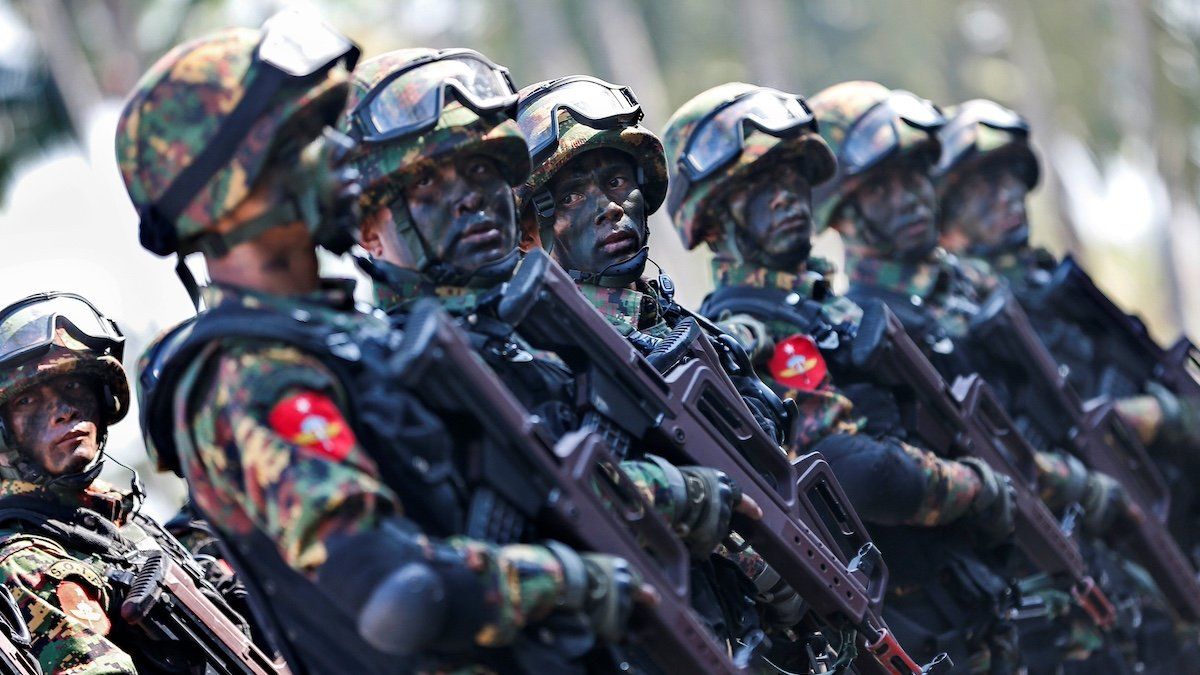Myanmar’s military has begun expelling residents from villages surrounding Rakhine’s state capital Sittwe in response to threats from the rebel Arakan Army. The junta is reportedly moving into these villages, planting landmines, and bombing roads that lead into the city to inhibit the AA’s advances as it takes an increasingly defensive stance in its three-year-old civil war. The military has also been accused of murdering 76 people and burning down villages on the outskirts of Sittwe, allegations it denies.
Rakhine is home to the overwhelmingly Buddhist country’s largest Muslim population, which has been subjected to ethnic cleansing in recent years, and the state has once again become a hotbed for escalating ethno-religious violence. The AA, a largely Buddhist rebel group, launched a major offensive seven months ago and has allied itself with other ethnic militias nationwide. They’ve made great advances, capturing nine of the 17 Rakhine townships.
What we’re watching: Will the military be able to hold on against the AA? The capture of Sittwe would be a devastating loss for the junta – it would be the first state capital to come under rebel control, representing a major morale victory for the embattled rebels.
The military seems scared of the prospect.They’ve recently been entering refugee camps across the Bangladesh border to forcefully recruit Rohingya Muslims, a group they once massacred, in a desperate bid to augment their bruised military.